VC2E6LA03
explain how different types of texts are typically organised into characteristic stages and phases depending on purposes, recognising how authors often adapt text structures and language features
- exploring a range of everyday, community, literary and informative texts, discussing elements of text structure and language features, and comparing the overall structure and effect of authors’ choices in 2 or more texts
- examining a text to identify strategies such as exaggeration to create humour
- recognising that texts are organised into stages, such as an introduction, and that introductions may be divided into phases; for example, the introduction stage of a narrative may begin with a phase that is a ‘hook’ or a flashback
- explaining the characteristic stages and phases in reviews, discussing alternative positions or historical recounts, and identifying any adaptations of typical structures or language features
- Plus Plan
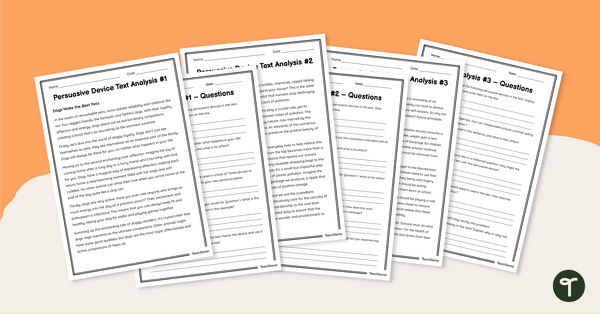
Analysing Persuasive Devices Worksheets
Get students analysing persuasive techniques and their effects on audiences with this set of three texts with accompanying questions.
- Free Plan
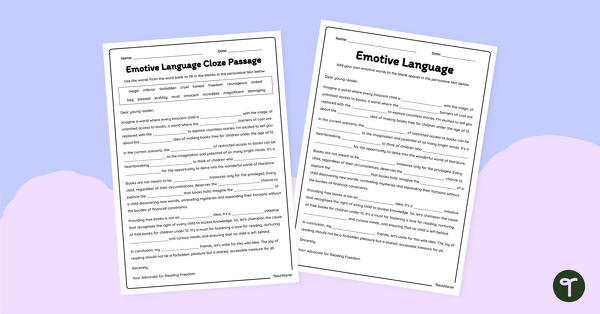
Emotive Language Cloze Passage Worksheet
Get students using emotive language examples in their persuasive writing with this differentiated cloze passage worksheet.
- Plus Plan
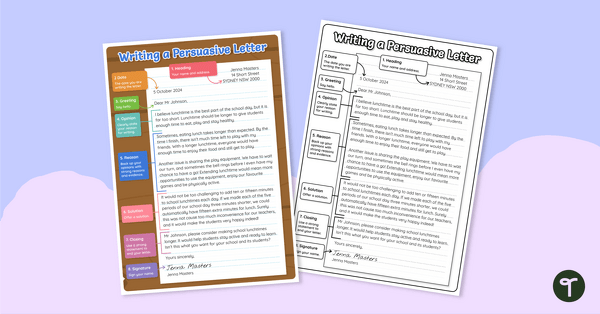
Writing a Persuasive Letter Poster
Use this writing a persuasive letter poster to teach your students the structure and features of persuasive letters.
- Plus Plan
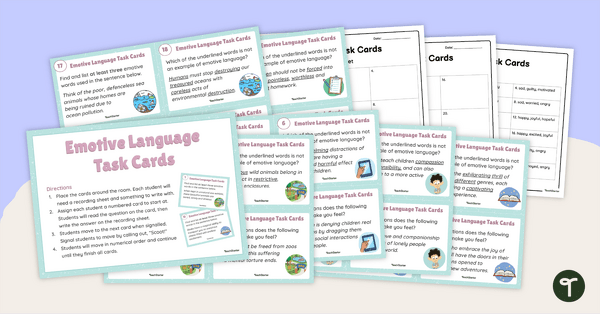
Emotive Language Task Cards
Get students exploring emotive language examples with this set of task cards perfect for your persuasive writing unit.
- Plus Plan
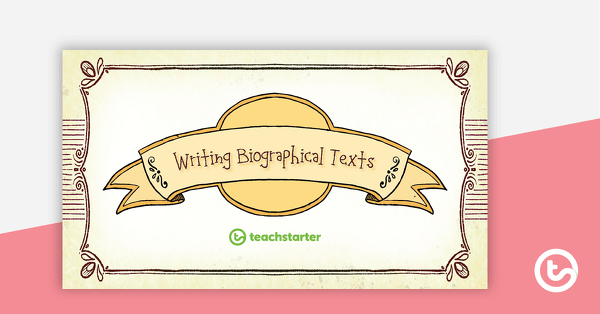
Write a Biography PowerPoint
Use this age-appropriate biography PowerPoint to teach your students about the purpose, structure and features of biographical texts.
- Plus Plan
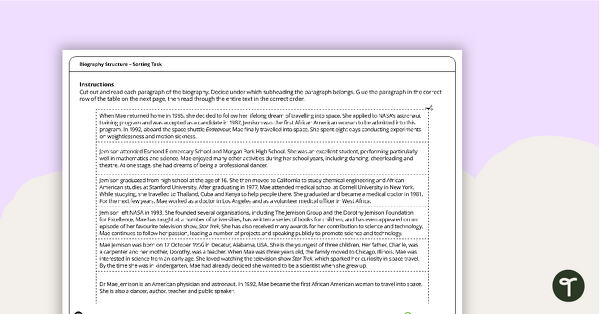
Biography Structure Sorting Worksheets
Teach biography structure with engaging sorting worksheets that help students understand the key sections of a biography using authentic text examples.
- Plus Plan
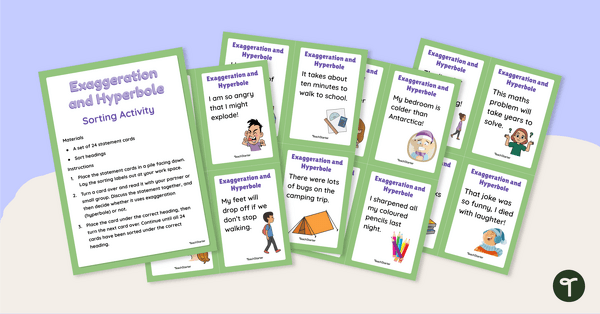
Exaggeration and Hyperbole Sorting Activity
Explore examples of hyperbole with your students using this set of 24 sorting cards perfect for your collaborative group work.
- Plus Plan
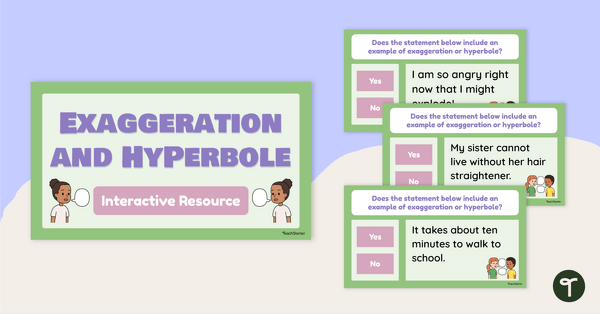
Exaggeration and Hyperbole Interactive Activity
Explore hyperbole examples with your students using this digital game perfect for lesson warm-ups or lesson wrap-ups.
- Plus Plan
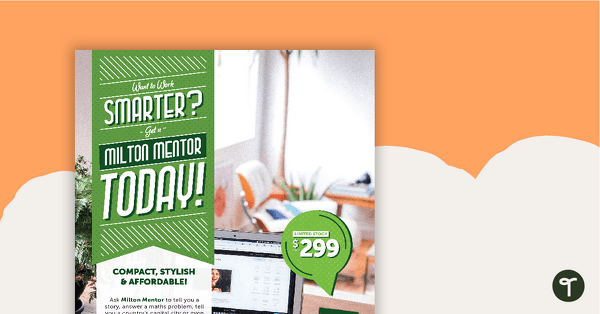
Advertisement Worksheet – Milton Mentor
A comprehension worksheet for a persuasive magazine advertisement about a digital personal assistant.
- Plus Plan
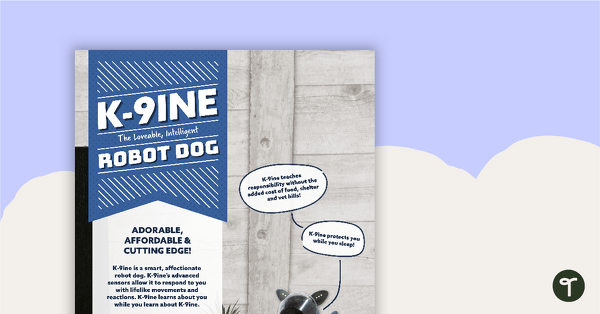
Advertisement Worksheet – K-9ine the Robot Dog
A comprehension worksheet for a persuasive magazine advertisement about a robotic dog.
- Plus Plan
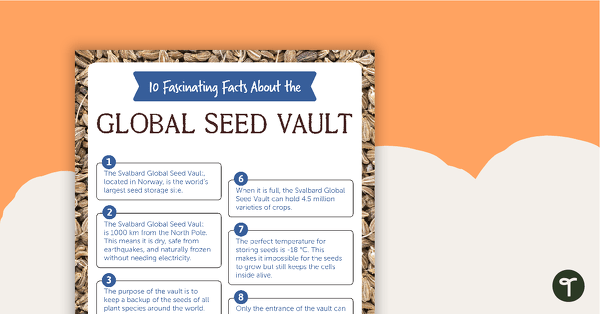
10 Fascinating Facts Worksheet – The Global Seed Vault
A comprehension worksheet for a magazine article about the global seed vault.
- Plus Plan
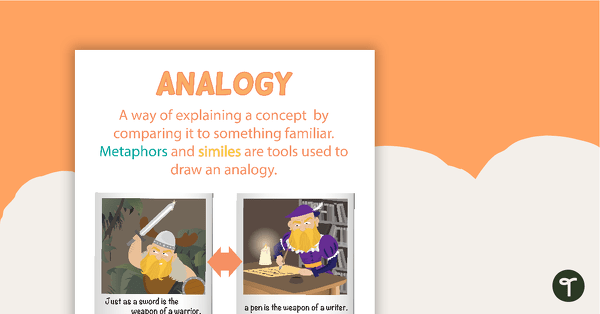
Analogy- Literary Technique Poster
A poster with a description and examples of analogy, a literary technique.
- Plus Plan
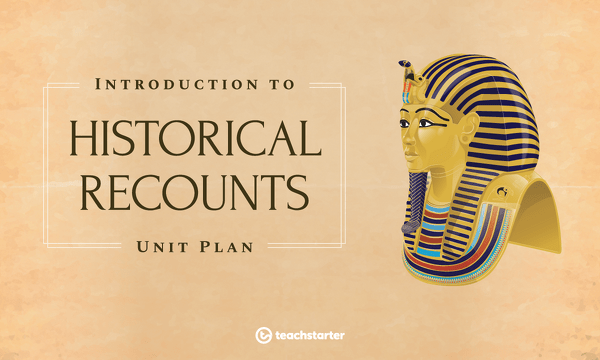
Introduction to Historical Recounts Unit Plan
This English unit has been designed to introduce the historical recount text type to older students; specifically, the purpose, structure and language features of factual historical recounts.
- Plus Plan
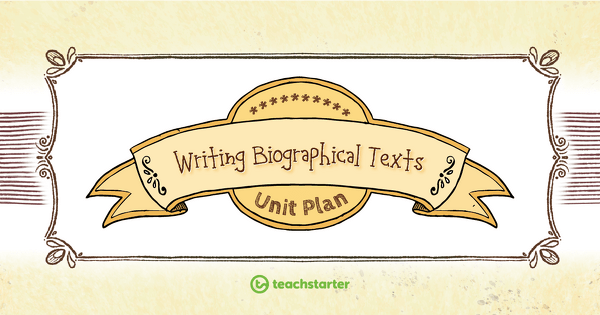
Writing Biographical Texts Unit Plan
This English unit addresses the purpose, structure and language features of the biography text type.
- Plus Plan
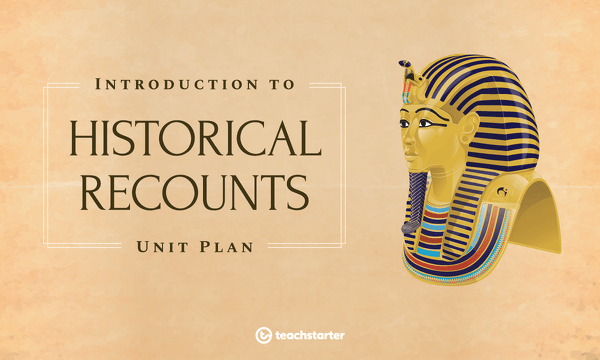
Historical Recounts - Literary vs Factual
A 60 minute lesson in which students will explore the difference between a literary historical recount and a factual historical recount.
- Plus Plan
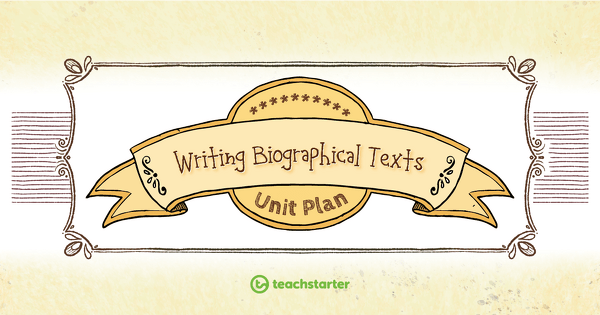
Biographical Text Language Features
A 60 minute lesson in which students will identify and explore the structure of biographical texts.
- Plus Plan
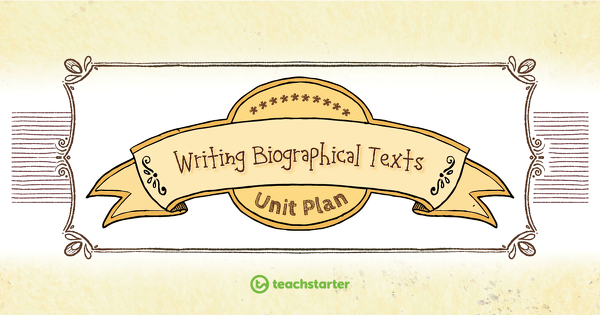
Life Events – What to Include?
A 60 minute lesson in which students will explore life events that may or may not be included in a biographical text.
- Plus Plan
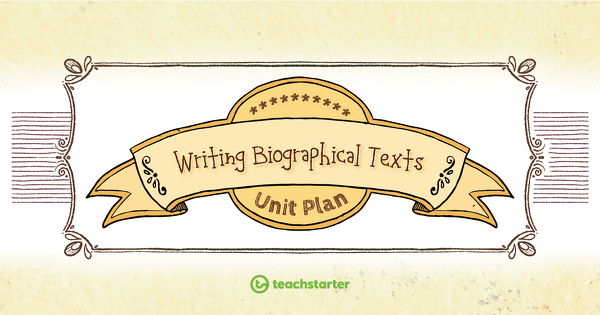
Biographical Texts Structure
A 60 minute lesson in which students will identify and explore the structure of biographical texts.